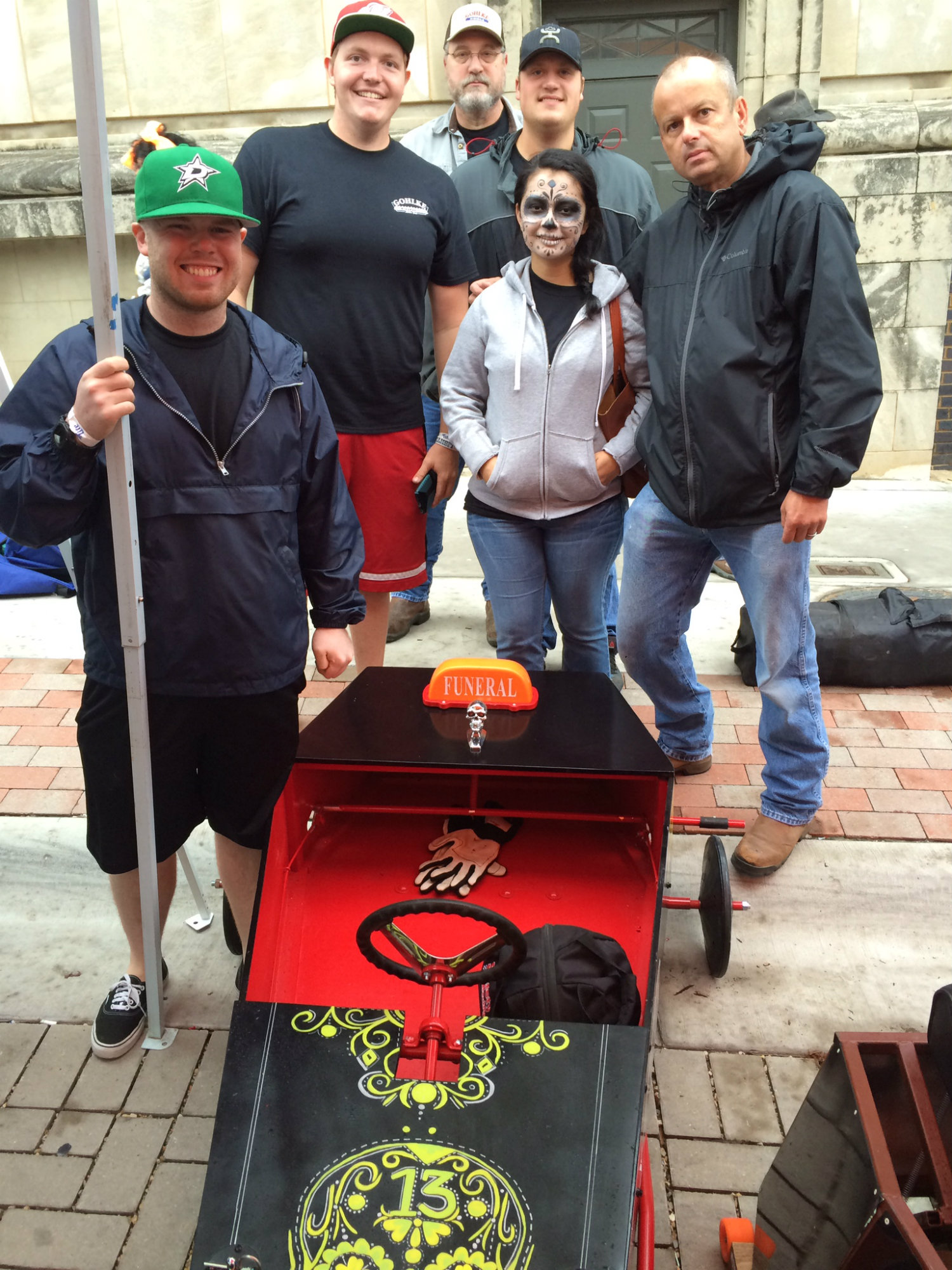The year was 2005. Having entered the industry full-time in 1984, I’d had my share of employee departures. I was growing weary of replacing them — the application process, interviews, training, etc. I wasn’t sure if our turnover rate was higher than others, but it sure seemed like it. Perhaps it was just the way it was, but I knew it had to change.
I wasn’t sure what we were doing wrong. Our compensation package was at or above market rate. A local moving company here seemed much better at employee retention. That work doesn’t seem really glamorous — it is hard work, done in hot and cold weather, for customers who are typically stressed out. The pool industry can be a tough work environment, too, but it just didn’t make sense to me that a moving company would be better at employee retention than we were.
About that time, I ran across a survey from the Saratoga Institute (2003) that proved a real eye-opener and had a profound impact on how we run Gohlke Pools.
The survey was titled, “Why People Leave: What Managers Believe versus the Reality.” The information was compiled from 19,700 exit and current-employee surveys that it had conducted for organizations in 17 industries over a five-year period, from 1999 through 2003. The results showed that 89 percent of managers believed employees leave jobs for more money, when only 12 percent of surveyed employees had done that.
These results surprised me. I was like most other business owners, who believe that money is the predominant reason people leave. Upon further research about employee retention, I found a multitude of reasons employees leave companies, but most are preventable and center around not being appreciated or respected, having no input on decisions, no work/life balance, no feeling that the company is giving back to the community, and no sense of a “team” feeling. Our management team, consisting of managers from each department, reviewed the information and brainstormed ways to improve employee retention. We put together a plan to improve in each of these areas:
Showing appreciation and respect: We’ve heard the phrase, “Be a leader, not a boss.” Leader supremacy is outdated and ineffective, and today’s leaders act like coaches. We decided to do more coaching, less bossing, and make an extra effort to treat employees more like equals. We quit using the term “employee,” and replaced it with “staff member” or “coworker.” I recently heard the new CEO of United Aqua Group, Patrick Walls, use the term “team member” when discussing a staffer. That term, in my opinion, is an improvement over “staff member” or “coworker,” and certainly much better than “employee.”
In addition, we requested that our managers start each day with a “tour,” in which they visit every staff member.
Getting staff input: We have found that staff members are full of great ideas and are often good decision-makers, since they are on the front lines. So we have worked hard to include them in decision-making. In addition to asking them for input, each department has regular weekly meetings, which we call huddles, to get feedback on how we can improve the workplace and customer experience.
Work/life balance: We realize work is not the only thing they have going on, so we do our best to respect that and provide a healthy work/life balance. In addition to providing flexible work schedules, we offer Financial Peace University, a money-management course, for all employees, and we have an instructor on staff. We also offer an “Ask the Accountant Day,” where our CPA allows staff members to set appointments to receive professional advice on anything regarding taxes, budgeting, etc.
Give back to the community: Although contributing financially to charitable causes is vital, there is nothing like doing work for the community. Each year we take a full-day shift to ring the bell for the Salvation Army, periodically volunteer for our local soup kitchen, and some staff members donate time at an elementary school. Probably our staff’s favorite cause is offering free bereavement pool care. If a pool owner experiences a trauma, we provide free pool service during their time of need — whether it is the death of a family member, terminal illness, divorce, etc.
Creating more of a “team”: This is one of the best things we’ve done. We hold activities away from work to foster more of a team feel. We have attended Texas Rangers baseball games, rented a suite at the horse races, formed company basketball teams, and played whirlyball (if you don’t know what it is, look it up — it is a blast!).
Last fall we had one of our best team-building events — making and racing a car in the coffin races at a local Day of the Dead Festival. Two of our major vendors provided financial support. We didn’t win, but we qualified in the top 25 percent of our class, and the staff is planning ways to build a faster car for next time. The last car hangs in our retail store and is a topic of conversation for many customers.

And we do little things, like recognizing birthdays, providing free flu shots, and just smiling to show appreciation.
Our efforts paid off. Turnover has decreased, creating a happier staff and, therefore, happier customers.




